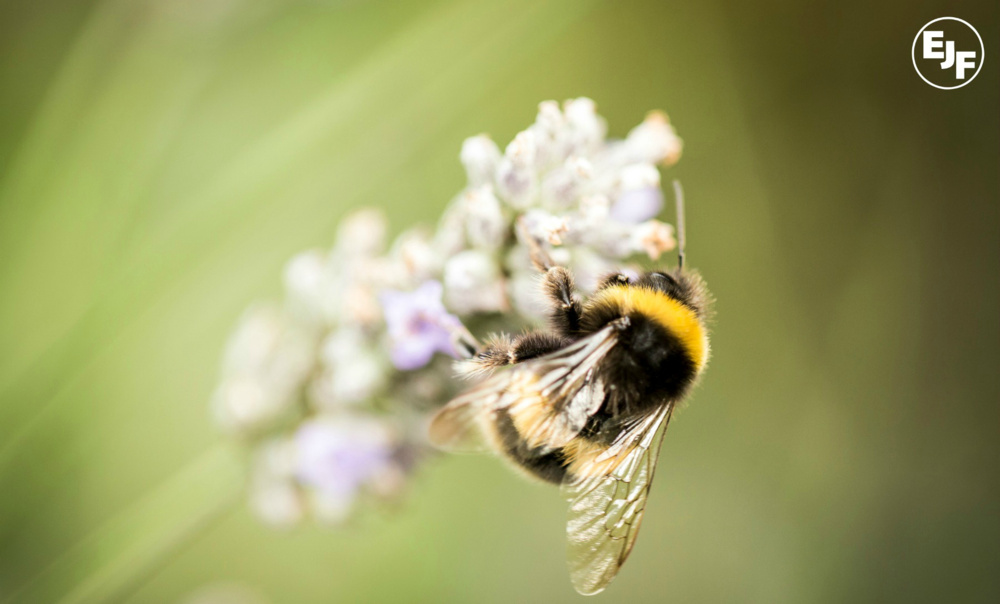
Beyond Honey: Five reasons to protect our bees
Bees are brilliant. They are one of the hardest working creatures around, and they contribute a great deal to our livelihoods and our economy. But they are under serious threat.
Loss of habitat, increased spread of disease and climate change are all driving a decline in bees, and other pollinators. Meanwhile, a growing body of evidence shows that harmful pesticides – particularly neonicotinoids - are reducing the survival and reproductive ability of these amazing creatures.
In the UK alone, over half of bee, butterfly and moth species have declined over the last 50 years, and this is bringing a range of knock-on effects for society. It is in our best interest to ban the use of neonicotinoids.
Here are just some of the reasons why we need to protect our bees:
1) Crop Yields
Pollinating insects are responsible for one in every three of the mouthfuls of food we eat. They are crucial for maintaining the function of our agricultural systems and providing sufficient crop yields, with bees considered to be the most important pollinators. Without them, we would struggle to put food on our plates.
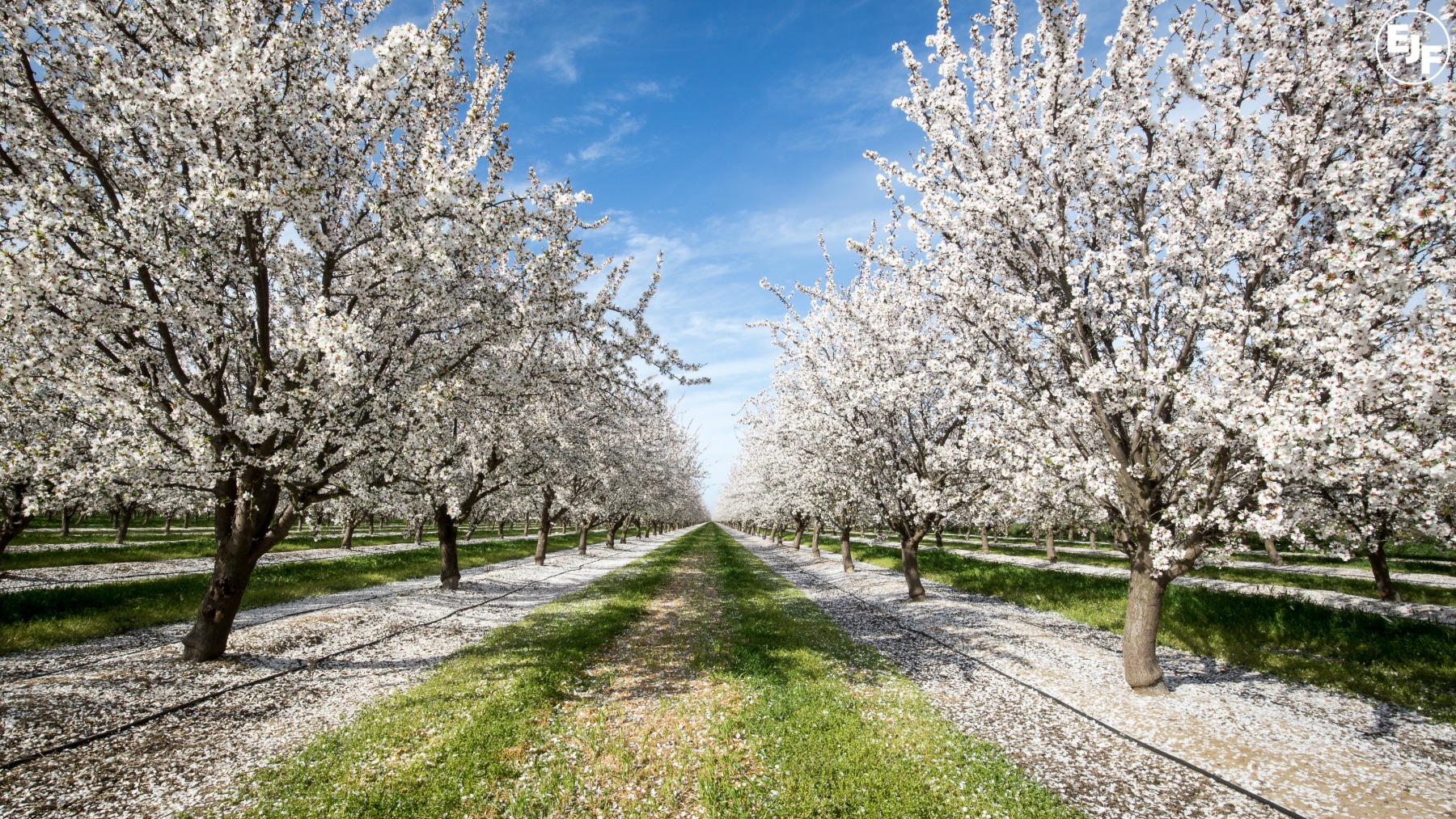
2) Economic Costs
The value of bees’ pollination services are estimated at £690 million every year in the UK alone.Without them pollinating our fruit and vegetables, we would have to do it ourselves by hand. This is an extremely expensive process, and could cost us even more - an estimated £1.8 billion annually.
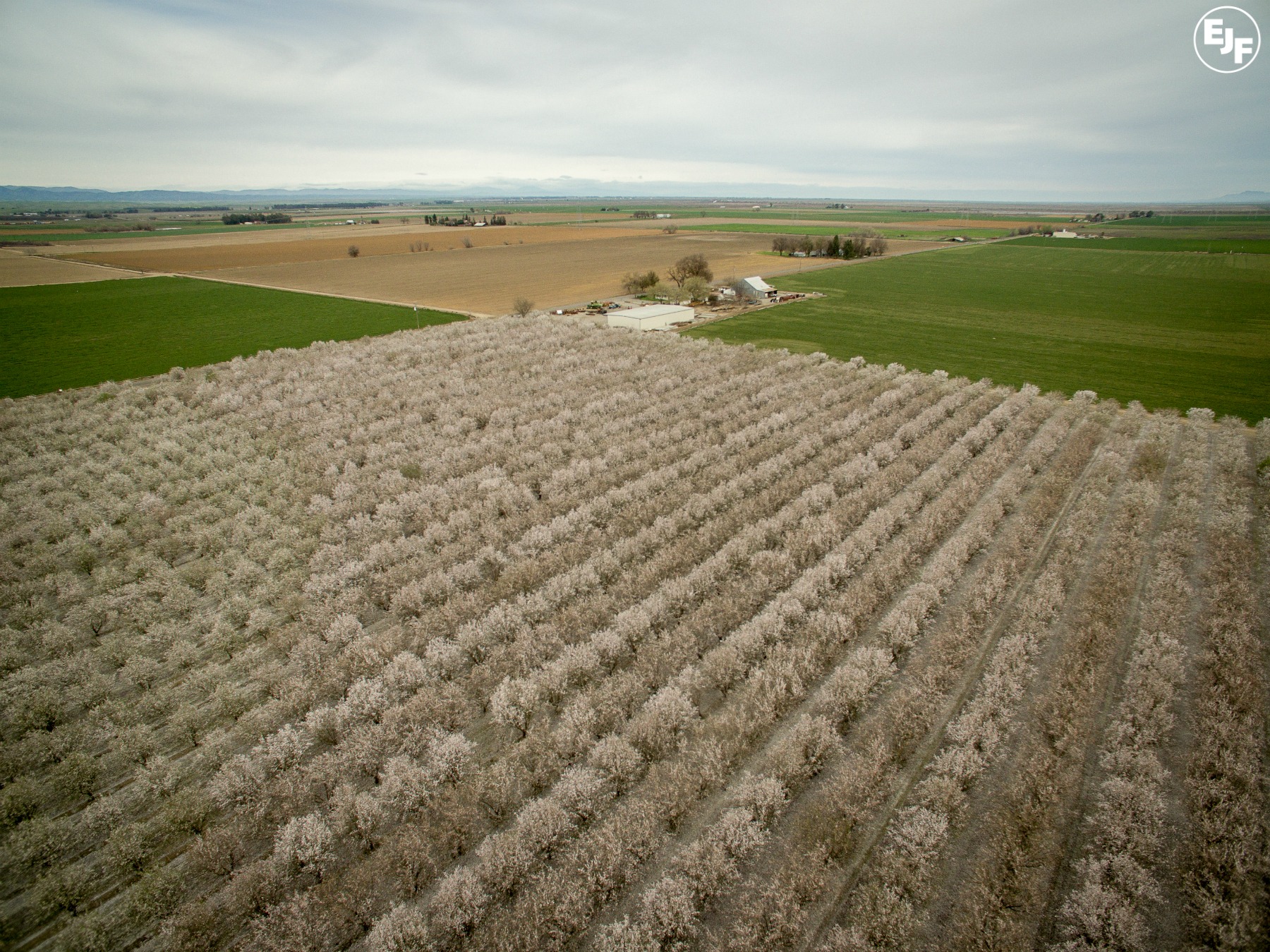
3) Food Prices
Since a decline in bee populations would result in reduced crop yields, without them we would see food prices rise. In fact, resorting to hand pollination could see the price of an apple more than double, according to research.
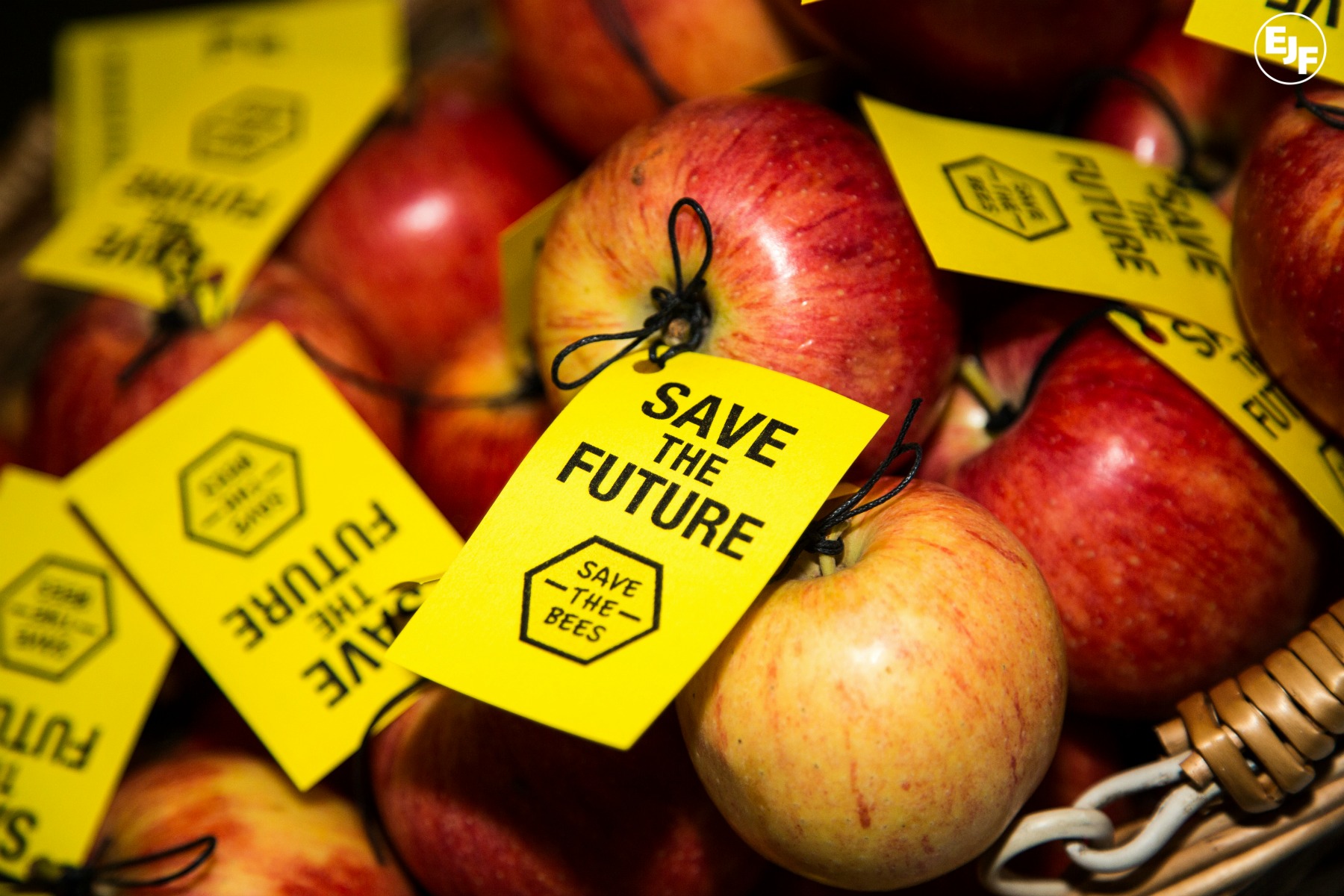
4) Ecosystem Health
Bees are essential for maintaining the health of our natural ecosystems. Through pollination, they help plant communities to develop and ensure the production of fruits and seeds. This supports animal species that need these plants for their food and shelter.
5) Honey
If nothing else, honeybees work tirelessly to make delicious honey for us and ask for nothing in return. We owe it to them to provide suitable habitats where they can thrive and carry out the pollination services that we depend on.
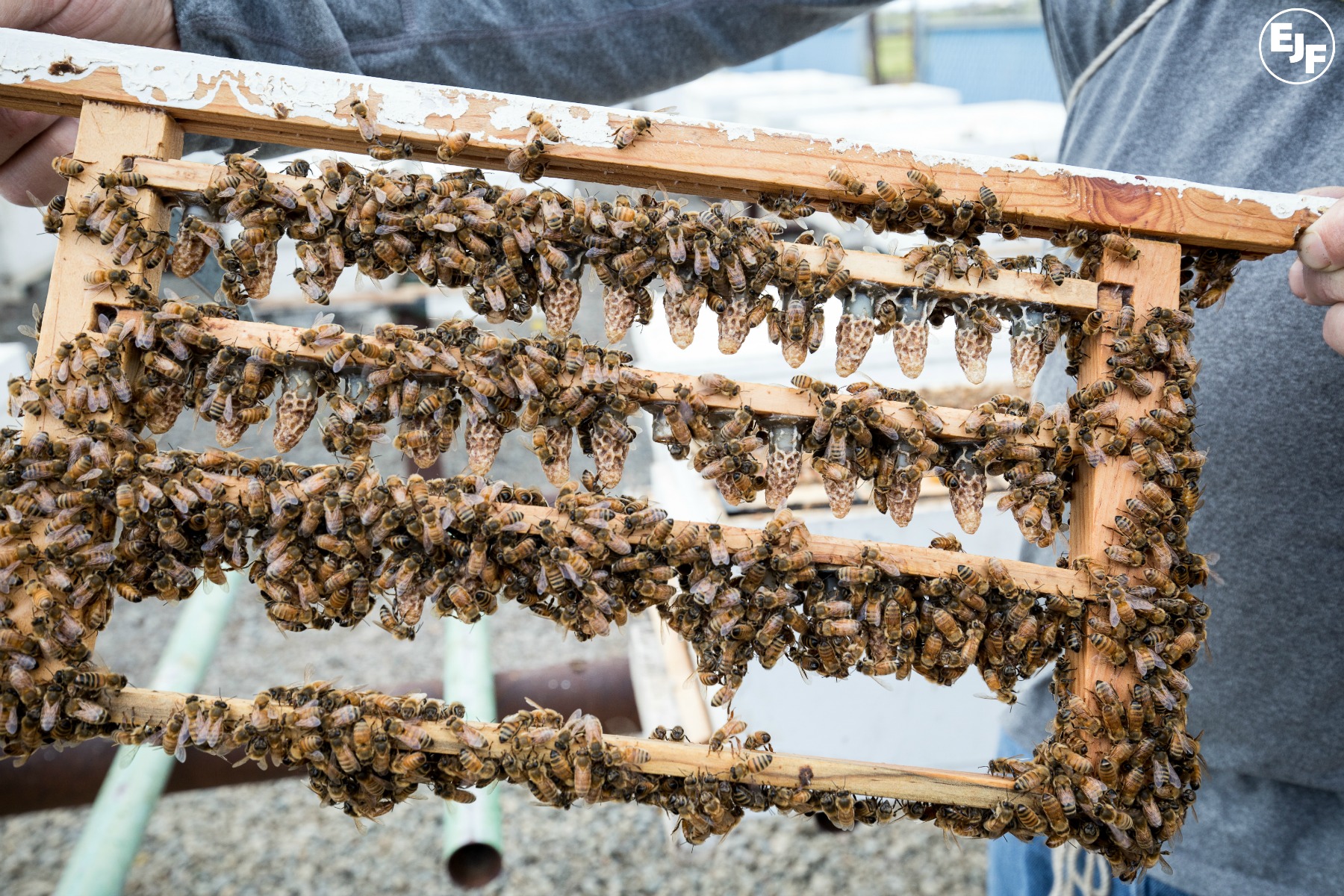
Find out how you can help UK bees, sign the Bee Happy pledge or make a donation to help EJF’s work protecting pollinators.
SIGN UP FOR OUR EMAILS AND STAY UP TO DATE WITH EJF